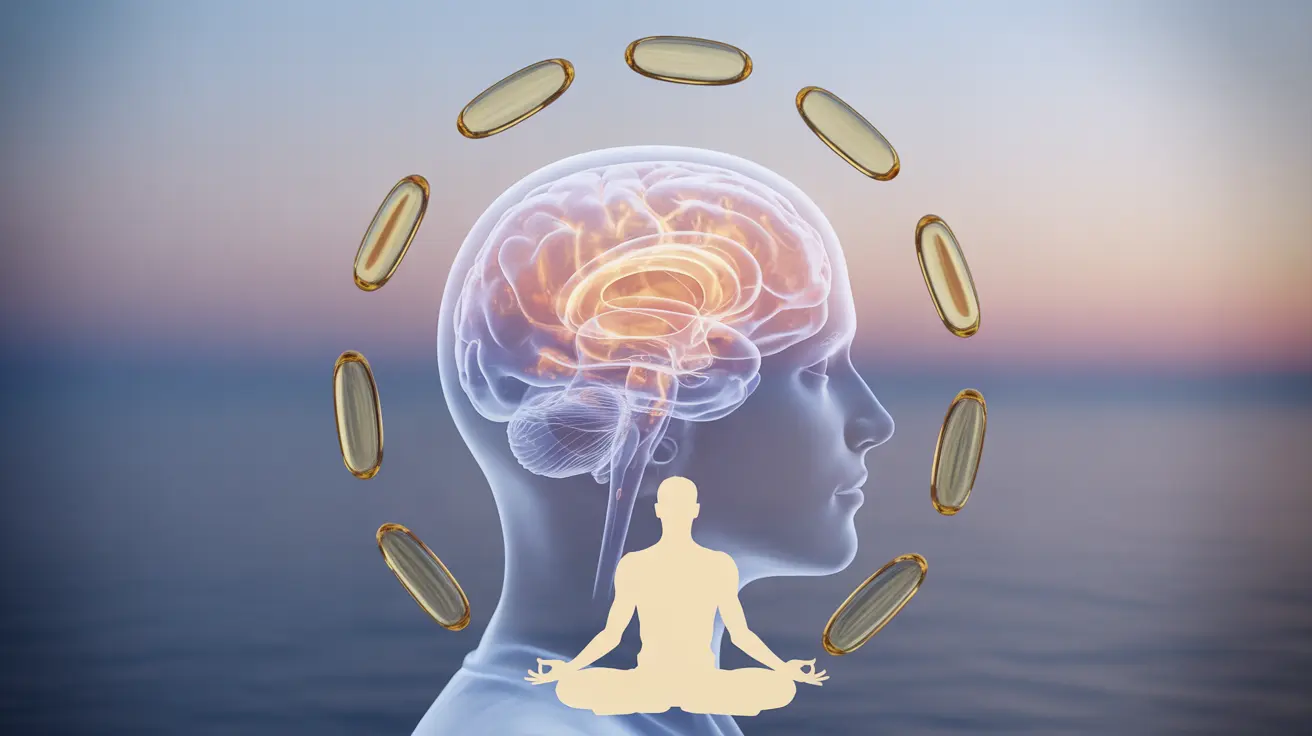Living with bipolar disorder requires a comprehensive treatment approach, and many individuals seek natural remedies to complement their prescribed medications. While traditional medical treatments remain the cornerstone of bipolar disorder management, certain natural interventions may help support overall mental health and stability when used appropriately.
This guide explores evidence-based natural approaches that can work alongside conventional treatments for bipolar disorder, highlighting both their potential benefits and important safety considerations.
Understanding the Role of Natural Remedies in Bipolar Treatment
Natural remedies should never replace prescribed medications for bipolar disorder. Instead, they can serve as complementary tools within a broader treatment strategy, potentially helping to manage symptoms and promote overall wellness when used under medical supervision.
Evidence-Based Natural Supplements
Omega-3 Fatty Acids
Research suggests that omega-3 fatty acids, particularly EPA and DHA found in fish oil, may help reduce symptoms of bipolar disorder. These essential fatty acids support brain health and may have mood-stabilizing properties. However, the quality and dosage of supplements matter significantly.
Vitamins and Minerals
Certain nutrients play crucial roles in mental health and mood regulation:
- Vitamin D: Often deficient in people with mood disorders
- B-complex vitamins: Support nervous system function
- Magnesium: May help with sleep and anxiety
- Zinc: Important for brain health and mood regulation
Herbal Supplements and Their Effects
Several herbal supplements have been studied for their potential effects on mood disorders:
- Rhodiola rosea: May help with stress management
- N-acetylcysteine (NAC): Shows promise for depression management
- GABA: Could help with anxiety and sleep
Important note: St. John's wort, while popular for depression, is generally not recommended for bipolar disorder as it may trigger mania or interact with medications.
Lifestyle Modifications for Mood Stability
Sleep Hygiene
Maintaining consistent sleep patterns is crucial for bipolar disorder management. Natural sleep aids may include:
- Melatonin supplements (with doctor's approval)
- Calming teas like chamomile
- Relaxation techniques before bedtime
Stress Management Techniques
Natural approaches to stress reduction include:
- Mindfulness meditation
- Deep breathing exercises
- Yoga
- Regular physical exercise
- Time in nature
Safety Considerations and Medical Supervision
Before incorporating any natural remedies:
- Consult with your healthcare provider
- Discuss potential interactions with current medications
- Start with low doses and monitor effects
- Maintain regular medical check-ups
Frequently Asked Questions
What natural remedies are safe to use alongside bipolar disorder medications?
Natural remedies that may be safe include omega-3 supplements, vitamins D and B complex, and mindfulness practices. However, always consult your healthcare provider before starting any supplement regimen.Can omega-3 fish oil supplements help reduce symptoms of bipolar disorder?
Research suggests omega-3 fatty acids may help reduce depression symptoms and support overall mood stability. The most beneficial form appears to be EPA, but proper dosing and quality supplements are essential.How effective are herbal supplements like Rhodiola rosea or St. John's wort for managing bipolar symptoms?
Rhodiola rosea may help with stress management, but St. John's wort is not recommended for bipolar disorder as it can trigger mania and interact with medications. Effectiveness varies among individuals.What lifestyle changes and calming techniques can support mood stability in bipolar disorder?
Key lifestyle changes include maintaining regular sleep patterns, practicing stress-reduction techniques like meditation and yoga, exercising regularly, and following a consistent daily routine.Why is it important to consult a doctor before starting natural or complementary treatments for bipolar disorder?
Medical supervision is crucial because natural remedies can interact with medications, potentially affect mood stability, and may not be appropriate for everyone's specific situation. Your doctor can help ensure safe integration of complementary treatments.
Remember that natural remedies should complement, not replace, prescribed medications for bipolar disorder. Work closely with your healthcare team to develop a comprehensive treatment plan that safely incorporates both conventional and natural approaches.




